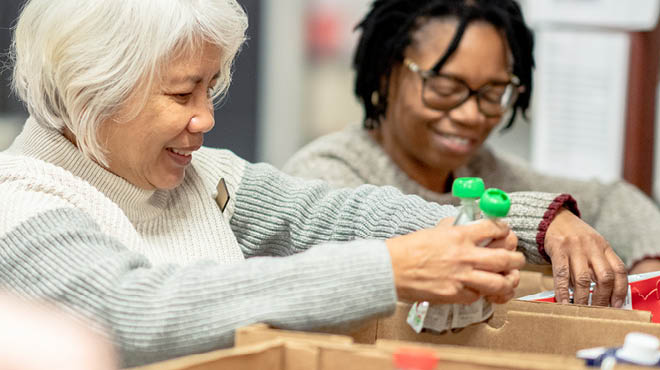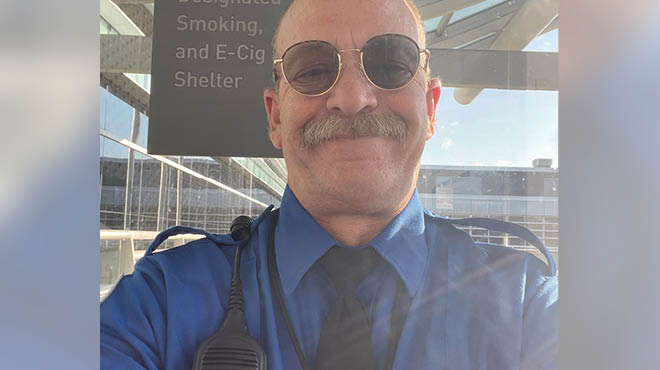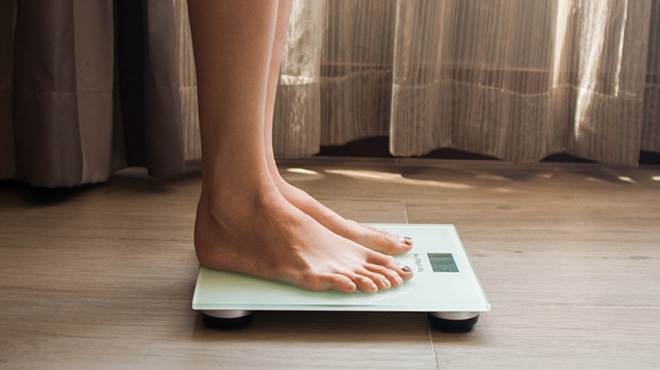Recent Posts
Self-care tips during the COVID-19 pandemic

The COVID-19 pandemic can feel overwhelming due to new information, long work hours, and caring for your family and yourself. It's important to pause for a moment and collect your thoughts, as worldwide pandemics can be taxing. Remaining calm can help.
It is normal to feel stressed or overwhelmed during uncertain times. Emotions in response to uncertainty may include anxiety, fear, anger and sadness. You also could feel helpless, discouraged and, occasionally, out of control. Physical responses may include headache, muscle tension, fatigue and sleeplessness.
Taking care of yourself is important so you are equipped to help your family through this time.
Here are a few tips you can use to take care of yourself:
Physical health:
- Fuel your body by eating a healthy, well-balanced diet and drinking plenty of water.
- Aim to get seven to eight hours of sleep each night.
- Exercise every day.
- Take deep breaths and stretch often.
- Avoid risky or destructive behaviors, such as abusing alcohol or drugs, excessive gambling or ignoring public health recommendations.
- Spend time outside, such as going for a walk in the park, but follow social distancing guidelines.
Mental health:
- Set and maintain a routine at home.
- Focus on things you can control.
- Use technology to maintain social connections with your loved ones. Consider a regular check-in schedule to give you something to look forward to.
- Focus your thoughts on the present and things to be grateful for today.
- Listen to music or read books.
- Consume reliable news sources that report facts, and avoid media that sensationalizes emotions. Limit your exposure or take a break from news and social media if you find that it makes you anxious.
- Lean on your personal beliefs and faith for support.
- Look for ways to help your community, such as blood donations, checking on older people in your neighborhood, or donating supplies or money to local organizations.
- Acknowledge and appreciate what others are doing to help you and your community.
Symptoms to watch for
If any of the these things become persistent or interfere with daily functioning and are outside the norm for the COVID-19 pandemic, contact your provider for help and guidance:
- Trouble focusing on daily activities
- Anxiety that turns into feelings of being out of control
- Strong feelings that interfere with daily activities
- Having emotions that become difficult to manage
- Feelings of hopelessness or helplessness
Get strategies to help kids cope with COVID-19.
By Mayo Clinic Health System staff






